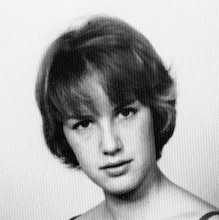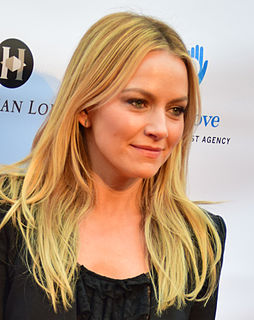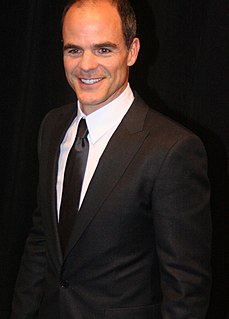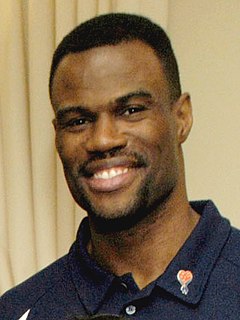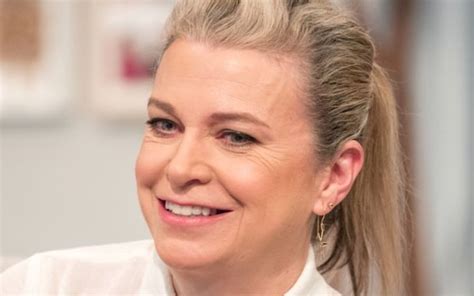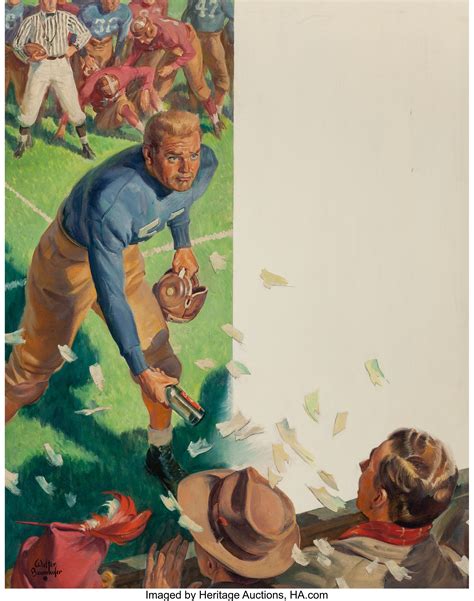A Quote by Steve Ells
Certainly, in college, I had no idea what I wanted to do, I studied art history and had a great time, but I didn't have any sort of career aspirations.
Related Quotes
[Photographer Julian Wasser] had this great idea that I should play chess naked with Marcel Duchamp and it seem to be such a great idea that it was just like the best idea I'd ever heard in my life. It was like a great idea. I mean, it was - Not only was it vengeance, it was art, and it was, like, a great idea. And even if it didn't get any vengeance, it would still turn out okay with me because, you know, I would be sort of immortalized.
College was pivotal for me. It broadened my horizons, taught me to think and question, and introduced me to many things - such as art and classical music - that had not previously been part of my life. I went to college thinking that I might teach history in high school or that I might seek a career in the retail industry, probably working for a department store, something I had done during the holidays while in high school. I came out of college with plans to do something that had never crossed my mind four years earlier.
Coming in, I had no idea basketball would be a career for me, but I grew 7 inches in college and was fortunate to have a great career in the NBA. The experience taught me about service, what our great country was built on, the sacrifices people have made, how to work together and trust the people around you to accomplish a great goal.
After leaving college, I was in a show called Sculpture by Women where I was asked to talk about my history of victimisation in art, and I genuinely didn't think I had been victimised. Although I obviously believe in a lot of the feminist aspirations, I was wary about being dragged down by the politics of it.
I naively chose a college that was almost as expensive as Stanford, and all of my working-class parents savings were being spent on my college tuition. After six months I couldn't see the value in it. I had no idea what I wanted to do with my life and no idea how college was going to help me figure it out.
Any one who has studied the history of science knows that almost every great step therein has been made by the "anticipation of Nature," that is, by the invention of hypotheses, which, though verifiable, often had very little foundation to start with; and, not unfrequently, in spite of a long career of usefulness, turned out to be wholly erroneous in the long run.


